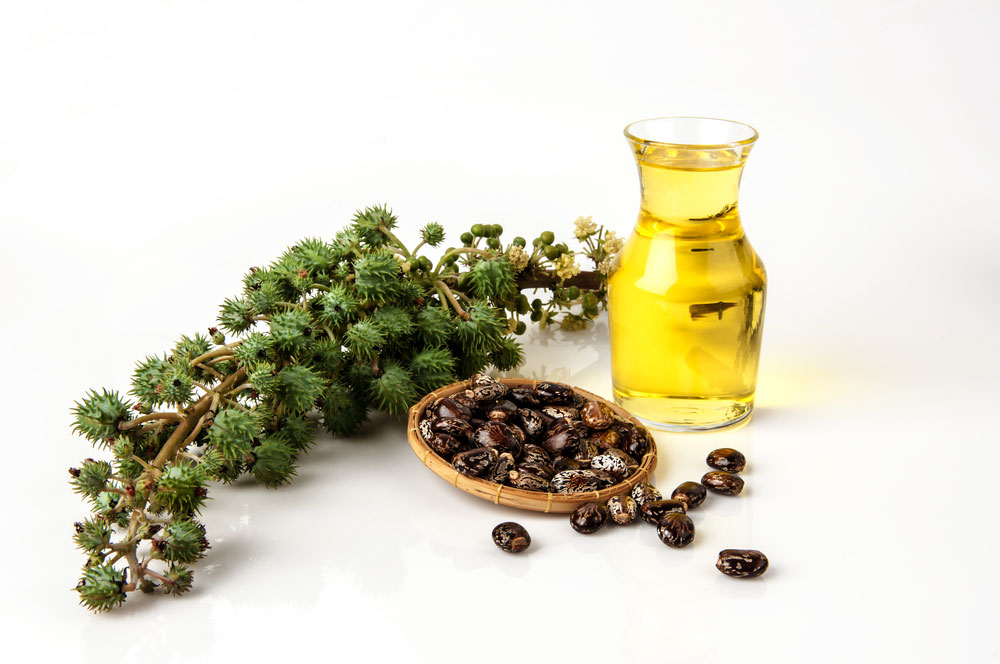Rilsan is a tough nylon polyamide typically used to coat metals. This dry, powder-based coating is known for its chemical and abrasion resistance. For all of its toughness when used to coat screws, wires, and pipes, this substance comes from a simple tropical plant. In today’s blog, Coating Systems explains how Rilsan is a sustainable and renewable polymer.
Rilsan and Castor Beans
Castor beans from the castor oil plant (Ricinus communis) provide the main substance for Rilsan. This plant grows in tropical areas worldwide, although it is originally from the southern Mediterranean region and eastern Africa. Castor oil plants grow readily and often become an invasive species if left unattended. The beans of these plants create a polyamide 11 chain, or a nylon chain, that works well as a metal coating.
Related Post: What is Rilsan and Why is it Used?
Chemical Transformations
Castor beans contain castor oil, and 90 percent of this oil is comprised of ricinoleic acid. Chemical engineers mix this acid with methanol, hydrogen bromide and ammonia to form 11-aminoudecanoic acid, which is polymerized into nylon 11 (AKA polyamide 11 or Rilsan). This substance forms the major component of a metal coating. It’s also a completely renewable and sustainable resource.
Sustainable and Renewable
Rilsan is classified as a lightweight bioplastic, meaning all of its hydrocarbons (substances containing carbon and hydrogen, such as oil and gasoline) comes from plant-based and renewable sources. Even the process of turning castor beans into oil is sustainable, as the castor meal from which the oil is extracted is high in nitrogen. Castor meal makes a fantastic fertilizer for plants that need high amounts of nitrogen.
Environmental Benefits of Rilsan
Using renewable bioplastics reduces the negative environmental impact of traditional, petroleum-based plastics. Investing in plant-based bioplastics such as Rilsan fosters a renewable cycle that keeps more carbon dioxide out of the atmosphere while cultivating plants that absorb more greenhouse gas. More bioplastic makes the plastics industry more sustainable. It also helps individual firms achieve their sustainability goals as part of an overall marketing strategy and company model.
Related Post: Rilsan: What Sets This Coating Apart
Metal Coatings With Rilsan
Rilsan works on a wide range of metal parts where corrosion resistance and longevity are an issue. The automotive industry uses this coating to keep metals from reacting to oils. Appliance manufacturers coat dishwasher baskets with polyamide 11 to protect the metal cages from high heat. This substance covers pipe interiors for corrosion resistance and rollers for easier clean-up and heat resistance.
Invest in Rilsan With Coating Systems
If you have questions about the uses of Rilsan and how it can help your company, contact Coating Systems today. We can show you how this nylon coating protects your investments while meeting your sustainability goals. Give us a call today at 1-800-593-7754 or contact us online.


